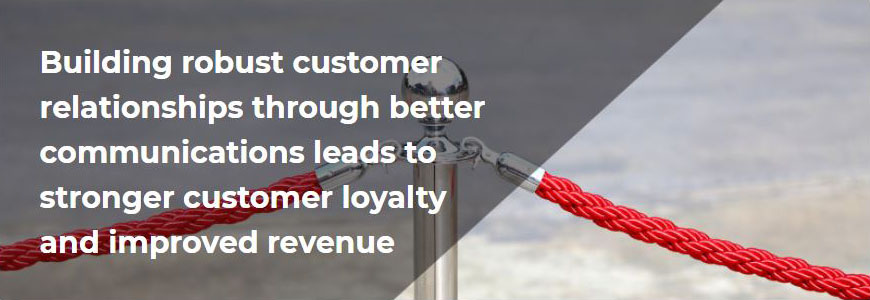The big impact of small changes

By adopting a strategic outlook on the small changes you can deliver more positive long-term outcomes.
By Martin Stewart : 11th of April 2023
Many insurance companies prefer to make small changes with big impacts over big changes with small impacts. But how can they ensure that these small changes significantly impact their businesses in positive ways?

One small change’s impact on businesses
Meeting agendas are a great example of a small element of a business that can have a big impact. Generally, employees are averse to meetings for meetings’ sake, for various reasons.
Disorganised meetings are costly to a business. Meetings that are organised with meeting agendas, however, enable attendees to prepare for the meeting. An agenda sets clear expectations of what’s required of employees ahead of and during a meeting.
A well-run meeting that features a meeting agenda can change the course of company productivity. At the same time, implementing a meeting agenda is a relatively minor undertaking for a business.
All your company might need to do is send the agenda to staff a few days in advance and enlist employees to manage the agenda and minutes, as without agreed minutes everyone has their own interpretation of what was agreed.
Insurers who run efficient and organised meetings set the right course for the efficient development of quality products and services.
Automating tasks for better employee and customer satisfaction
AI and automation technologies significantly reduce insurers’ manual workloads. Insurance companies are embracing intelligent automation for claims management, underwriting, and policy management processes.
By gradually automating your company’s processes, you can increase customer satisfaction and decrease inbound customer enquiries. Additionally, this can improve employee engagement. Firstly, by addressing the issues that may frustrate them and also by allowing employees to focus on what they find more rewarding, such as helping customers. That’s a big outcome to yield from a relatively small change to a business.

Notably, previous research has found that more than 40% of consumers are likely to change their insurers if their insurers lack digital capabilities.
The industry’s most digitally-capable insurance companies are also embracing intelligent automation to minimise their employees’ workloads in areas including claims management, underwriting, and policy management.
Making small changes to communications
One of the key areas insurance companies can make small changes in—for big results—is communications. Producing a single communications message to reach a large audience can have a significant effect on inbound queries, such as to a contact centre. Better informed and educated customers will find less reason to make contact through the contact centre and may have fewer questions when they do.
There are various small modifications you can make to your communications to strengthen your reputation. Some businesses phase in contact management systems to streamline communications with their customers. You can also add simple automations to reach your customer with relevant and timely AI-generated information. For others, simply taking the time to ensure that all customer details are current can improve contactability and drive further benefits.

Introducing change in increments
One way to minimise overwhelming people with wholesale transformation is to test smaller operation-specific projects that achieve instant results. For instance, automatically generating emails for clients when they take a particular action, or phasing out pen-and-paper document signing for e-signatures, can create substantial time and cost savings, business-wide.
Incremental digital transformation offers other advantages too. Companies can quickly test and learn what’s effective and problematic in their businesses.

With smaller-scale changes, the barrier to entry is much lower in terms of cost, time, and complexity.
Deciding which small steps to take
To decide which small changes you wish to prioritise, choose wisely. If possible, assign a value to the costs and benefits. They don’t have to be exact but can help you decide where to begin. As you start to get these projects completed and understand their true cost and results, you’ll get better at assessing proposed changes. Without this step, you run the risk of commencing projects that don’t get finished as you run out of resources.
Change fails when insurers fail to adequately assign ownership to the changes they decide to make. To prevent this from happening, successful companies ensure their champions of change are accountable. This prevents projects winding up on the scrap heap before completion. A business’s success is also contingent on its ability to assign people with the right skills, expertise, and experience for the job and the authority to get it done.
Also keep in mind that companies who have a change management model in place often strengthen their capacity to help their people achieve new goals.

There’s also good research confirming that change is best achieved when a company’s people—along with its executives—lead the change. It’s also beneficial for businesses to seek the input of cross-functional teams in the roll-out of new changes. This enables executives to draw on well-rounded perspectives, which are necessary for oversight of any unintended consequences that might originate out of new changes.
There are many technologies you can quickly deploy to immediately benefit your customers and revenue. These include messaging tools, chatbots, digital payment solutions, and document generation platforms.
Not all small changes are guaranteed to have significant positive impacts on your business, but if you’re strategic in your approach to determining which small changes to implement, the potential benefits are substantial.
